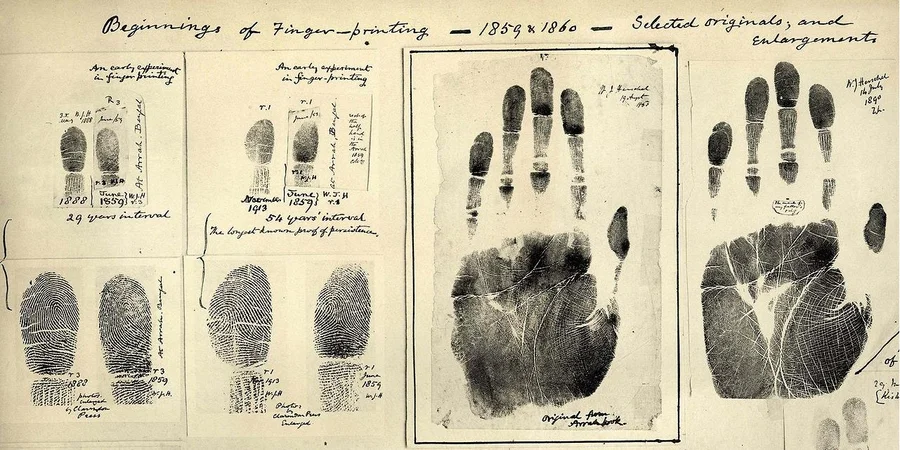
AI has made scientists doubt the accuracy of fingerprint identification
A group of researchers from Columbia Engineering presented new data that casts doubt on the widely held belief that fingerprints are a reliable way to identify a person.
Using artificial intelligence and a publicly available U.S. government database of about 60,000 fingerprints, the team found that some of the prints thought to belong to different people could actually belong to the same person.
Project leader Gabe Guo, a senior engineering student at Columbia, used a deep contrast network modified to determine the similarity of the prints.
According to the study, the system was able to determine with 77% accuracy whether the prints belonged to the same person.
As the number of compared papillary patterns increased, the accuracy increased, which can increase the efficiency of forensic analysis.
This discovery caused controversy in the forensic community. The team faced a refusal to publish their results, as an anonymous expert reviewer and editor confirmed the widespread belief that each fingerprint is unique.
However, the scientists did not give up, providing the system with even more data and continuing to improve it. Although the accuracy of the system is not yet sufficient for official decisions in criminal cases, it can help to understand situations where the similarity is ambiguous. Scientists emphasize the importance of preparing for scientific discoveries coming from non-specialists under the guidance of artificial intelligence.
The study was published in the journal Science Advances, after the authors’ long efforts to convince the community of the importance of their results.

